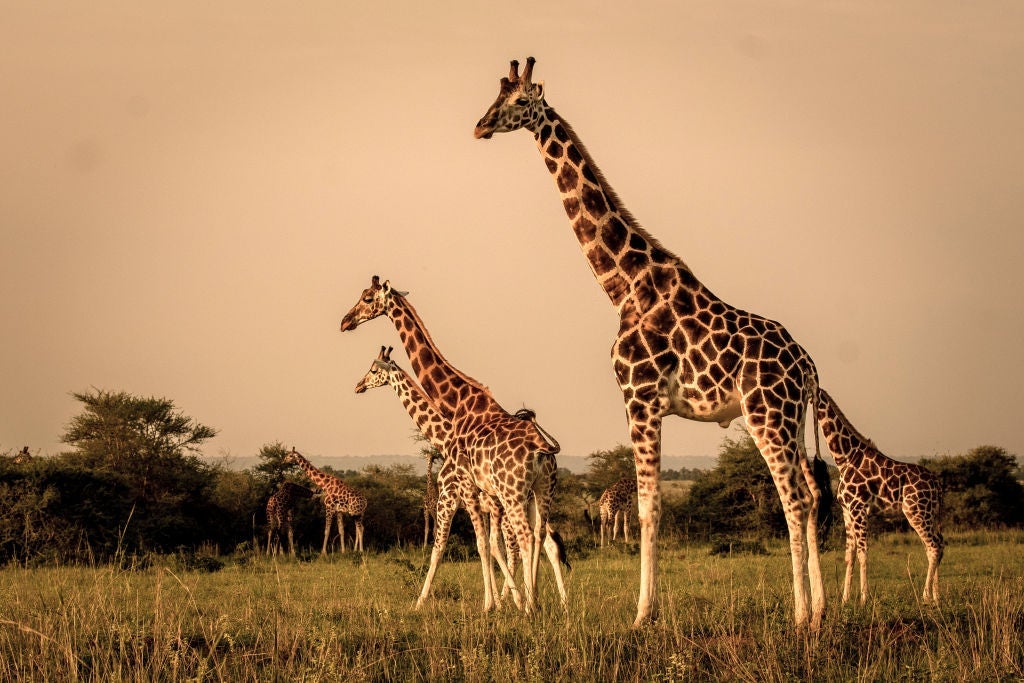
‘Invest in our planet’ is the theme for Earth Day 2022. This will see investors encouraged to support projects that protect the planet at a time when the future looks grim with regards to the battle against climate change. So what specifically can foreign direct investment (FDI) do to save the world?
Earth Day is celebrated annually on 22 April to raise awareness about environmental issues. More than that, however, Earth Day should be an opportunity for investors to take action, stop greenwashing and invest in ways that have a positive impact on the planet.
Opportunities for impact investing exist in several sectors, such as waste management, recycling and renewables. Each offers the potential of strong returns and the chance to take genuine environmental, social and governance action, as opposed to companies changing the office light bulbs to the eco-friendly variety and then spending a sizeable portion of their AGM patting themselves on the back about it.
Want to make an impact when investing? What are you waiting for?
Consumption and production are key drivers of the global economy, and the huge increase in both has been devastating for the environment.
This is where investment in waste management and recycling could make a real difference to the planet. However, data shows that that there is only a small number of FDI projects recorded in this sector.
More specifically, GlobalData’s FDI Projects Database tracked only 139 greenfield waste management and recycling projects, announced or opened, throughout 2019 and 2020.

US Tariffs are shifting - will you react or anticipate?
Don’t let policy changes catch you off guard. Stay proactive with real-time data and expert analysis.
By GlobalDataThe majority were located in western Europe, highlighting the attractiveness of the region for such projects. Somewhat depressingly, sub-Saharan Africa only received seven projects. Given that the region is going to bear the brunt of climate change, and given the low base that it was already operating from in these areas, this is a poor reflection on the FDI community.
More encouragingly, an agreement on sustainable plastic value chains in Nigeria is set to provide new business opportunities for the both country and the rest of Africa. The agreement, which is signed by Nigeria, Japan and the UN Industrial Development Organization, will support government efforts to develop sustainable plastic waste management through the promotion of circular economy practices. It will also create jobs and contribute to sustainable industrial development in Nigeria.
Such examples show the rich potential in Africa when it comes to impact investing. Sadly, the region will still appear off the radar of many investors; instead, they will want to involve themselves in projects closer to home that are more visible to shareholders and customers.
Green energy leads the way
One area that has been rising quickly on investors' agendas is the shift away from traditional sources of power to more sustainable energy.
The International Energy Agency expects that renewables will account for almost 95% of the increase in global power capacity up until 2026, with solar photovoltaics alone responsible for more than half of this figure.
In fact, solar photovoltaics have been a key sector for FDI projects in renewables. Our FDI database has tracked more than 1,000 greenfield renewable projects, announced or opened, during 2019 and 2020. Among them, 45% are in photovoltaic solar power. Onshore wind power also attracted a high number of FDI investments.
New renewable energy capacity will save emerging economies $6bn per year in energy costs, with $156bn saved over the lifespan of the projects, according to a report published by the International Renewable Energy Agency. This is essential as there are a number of FDI renewable projects, announced or opened, in emerging economies and the developing world.
Investors are backing renewables projects as a way to tackle climate change and achieve net zero. However, there are also concerns that massive investments in solar and wind farms could conflict with the demands for ecological conservation.
Seeing the forest for the trees
Tackling climate change and ensuring ecological conservation should be a key priority for any organisation, and they can achieve this by backing FDI projects that protect life on land and under the water.
According to the UN SDG Investor Platform, some of the projects that promote such investments include:
- commercial forestry plantations for sustainable timber production
- production of certified wood for export
- sustainable tourism activities
- production of freshwater fish in sustainable aquaculture farms
- waste water treatment.
The projects mentioned offer examples of how FDI can save the planet and halt biodiversity loss. Given the huge opportunities for economic activity and job creation, there are plenty of reasons for investors to keep a close eye on environmentally friendly investments. However, social and governance criteria should also be at the forefront of investors’ agendas in order to back projects that truly invest in our planet.






